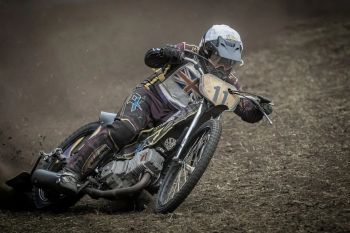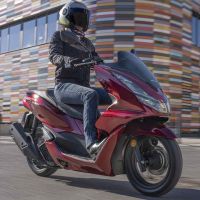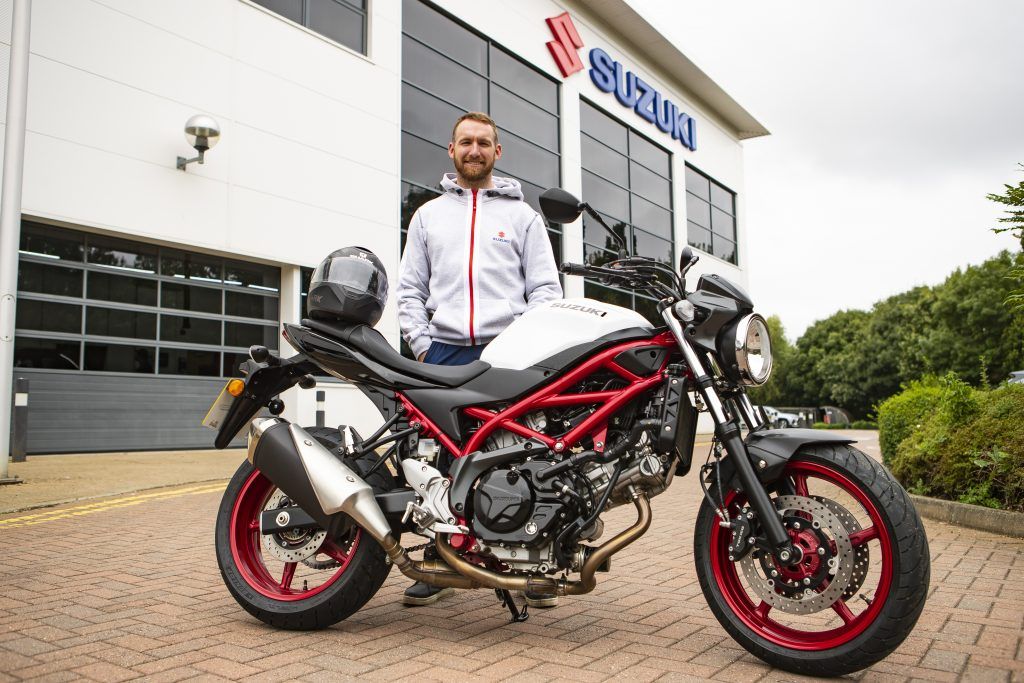Culture & Customisation - The Motor Scooter Story By Barry John
Posted on
This charming book, packed with unique artwork and engaging photographs, celebrates scooter mania. In a feast of nostalgia, it takes us through the evolution of the scooter, focusing naturally on all things Lambretta and Vespa, but also covering plenty of obscure and eccentric machinery along the way. Scooter enthusiasm in all its forms receives generous attention, whether as fashion accessory for fifties movie stars, style-conscious transport choice for the Mod generation, or object of worship for today’s retro-loving adherents. Quotes in the book such as “The scooters, clothes and music — an unforgettable time of my life” and “Exciting, fun and carefree days when anything seemed possible” sum up the enduring appeal of classic scooters. Anyone afflicted with the obsession will adore this book. 
Key content
• Scooters take off: rising from the rubble of post-war Italy, Piaggio emerged first with its Vespa (meaning ‘wasp’), soon followed by Innocenti and its Lambretta (named after a Milan suburb).
• Evolution: numerous Lambretta and Vespa models over the years are illustrated and explained, accompanied by a look at the myriad accessories available for them.
• Not just in Italy: a survey of classic-era scooters from Britain (such as Brockhouse Corgi, Sun Wasp and Triumph Tigress), Germany (such as Glas Goggo, Zündapp Bella and Heinkel Tourist), Japan (such as Fuji Rabbit, Mitsubishi Silver Pigeon and Honda Juno) and elsewhere.
• Mod culture: emerging in the sixties and entwined with music and fashion, it made a unique contribution to scooter fandom that has since embraced the globe.
• Scooters as classics: the resurgence of interest since the late seventies and all that has come with it, from restoration and racing to customising and clubs.
• Scooter tales worldwide: Cesare Bataglini’s round-the-world Lambretta odyssey; Mod revivalists in Tokyo; elderly scooters soldiering on in Africa; Indonesia’s Rebel Riders and their crazy Vespa-derived creations; scaling Ben Nevis on a Lambretta; and much more.
Author
Like every boy in the 1950s, Barry John knew the names of John Cobb and Malcolm Campbell and possessed battered Dinky toys of their cars. His fascination with record-breaking has persisted to this day and led to his first book, Quest for Speed (Evro, 2020), which he wrote, illustrated and designed himself. Riding various scooters in the 1960s sparked another lifelong interest and now he has applied his professional skills — he studied at Harrow School of Art and worked as a graphic designer — to his love of scooter culture. He lives in Kent.








